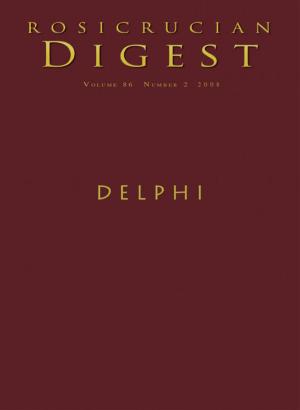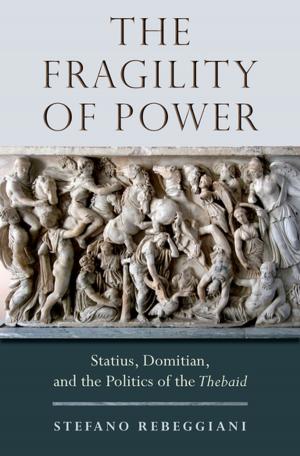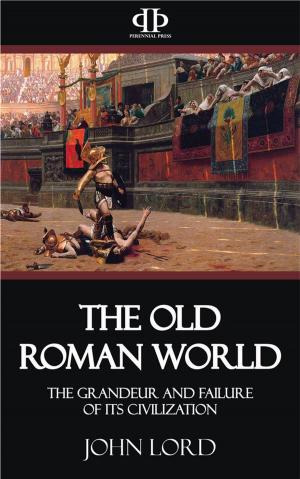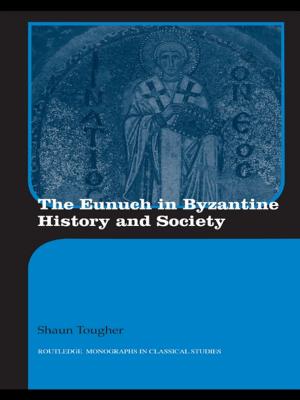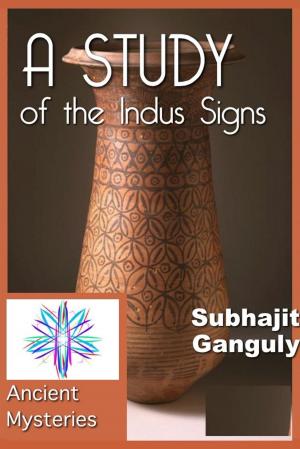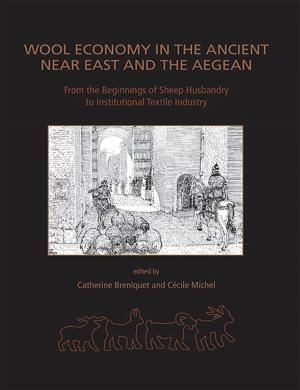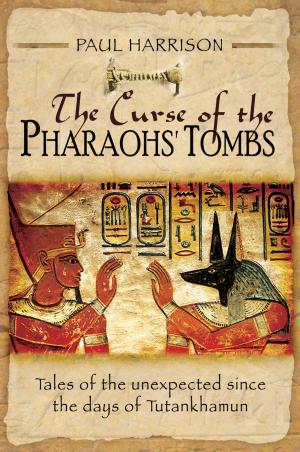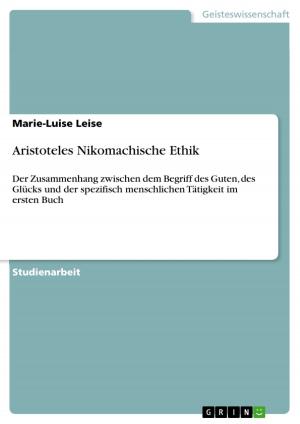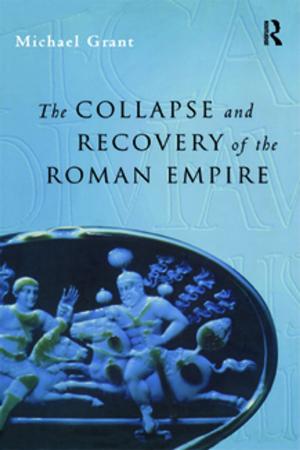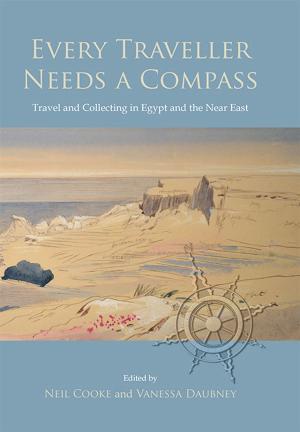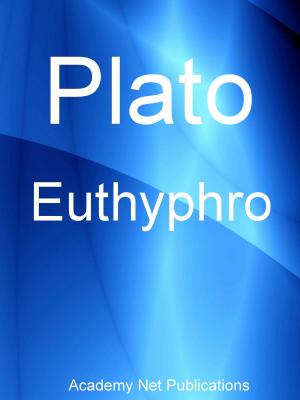Letters to Sofia about Happiness
Life lessons inspired by Socrates, Plato and Aristotle
Nonfiction, Reference & Language, Education & Teaching, Educational Theory, Philosophy & Social Aspects, Religion & Spirituality, Philosophy, Ancient| Author: | Raffaele Tamborrino, Antonella Di Maio | ISBN: | 9788826400433 |
| Publisher: | Raffaele Tamborrino | Publication: | September 9, 2017 |
| Imprint: | Language: | English |
| Author: | Raffaele Tamborrino, Antonella Di Maio |
| ISBN: | 9788826400433 |
| Publisher: | Raffaele Tamborrino |
| Publication: | September 9, 2017 |
| Imprint: | |
| Language: | English |
A father, living far away from his family because of his work, decides to write some letters to his daughter Sofia. His letters are animated by the desire to support her growth and to teach her important moral values.
Inspired by Socrates, Plato and Aristotle, he puts together lessons of philosophy, ethical teachings and his personal considerations, all of which are useful for reflecting on how to make our lives happier.
In Letters to Sofia about Happiness, the author explains, with simple language and a practical approach, the thoughts of these leading philosophers of Athens with the intention of demonstrating the accessibility of their theories.
The teachings of these three great fathers of Western philosophy, together with pearls of wisdom borrowed from other important thinkers, become a precious guide to understand how to develop an authentic life.
A challenge to the readers? Maybe. Perhaps these letters will appear bizarre in the present day. And if it were not so bizarre? Discovering (or rediscovering) these great classics could be a very wise choice.
A father, living far away from his family because of his work, decides to write some letters to his daughter Sofia. His letters are animated by the desire to support her growth and to teach her important moral values.
Inspired by Socrates, Plato and Aristotle, he puts together lessons of philosophy, ethical teachings and his personal considerations, all of which are useful for reflecting on how to make our lives happier.
In Letters to Sofia about Happiness, the author explains, with simple language and a practical approach, the thoughts of these leading philosophers of Athens with the intention of demonstrating the accessibility of their theories.
The teachings of these three great fathers of Western philosophy, together with pearls of wisdom borrowed from other important thinkers, become a precious guide to understand how to develop an authentic life.
A challenge to the readers? Maybe. Perhaps these letters will appear bizarre in the present day. And if it were not so bizarre? Discovering (or rediscovering) these great classics could be a very wise choice.

